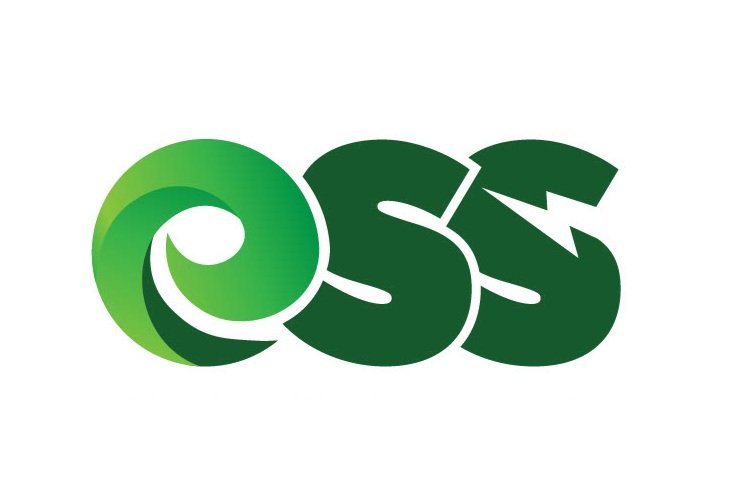Does Solar Power Work in a Power Outage?
Introduction
Solar panels have grown in popularity in recent years as a sustainable and cost-effective source of electricity. However, many people wonder if solar panels will continue to provide power in the event of a power outage. This blog post explores how solar panels work during power outages and what you need to know about how to use them. So, will the solar panel still work if there is a power outage? Let's dive into the details.
Key Takeaways:
Standard grid-tied systems without a battery backup, solar panels do not provide electricity during a power outage.
Battery backup systems store excess solar energy in batteries, providing a continuous power supply during blackouts.
Solar panels in grid-tied systems can charge the batteries during the day, ensuring a constant supply of stored energy.
Prioritizing essential loads, installing a battery backup system, and regular maintenance are vital for effectively using solar panels during power outages.
Understanding Solar Panel Systems
Solar panels, AKA photovoltaic (PV) systems, use semiconductor materials to convert sunlight into electricity. A typical solar panel system includes a solar panel, inverter, charge controller, battery (optional), and electrical wiring to connect to the power grid or building electrical system.
Grid-Tied Solar Panel System
Most residential and commercial solar panel systems are grid-tied systems that connect to the local power grid. During everyday operation, excess solar energy generated by the panels gets sent to the grid and owners receive credits or allowances for their extra power. However, in the event of a grid failure, grid-connected solar panels are designed to shut down for safety reasons, preventing power from entering the grid and causing power company employees to may be at risk.
How Solar Panels Work During Power Outages
In standard grid-connected systems without battery backup, solar panels automatically shut down in the event of a power outage. This safety feature protects utility workers by preventing power from being fed into the grid. Therefore, even if you have installed solar panels, in the event of a power outage, you won't have power without a battery backup system.
Battery Backup System
To overcome the limitations of grid-connected systems during power outages, homeowners and businesses can rely on battery backup systems. These systems store excess solar energy generated during the day in batteries, which power critical loads during power outages. With a battery backup system, the stored energy is always available. The solar panels can continue to charge the battery even if the power grid fails.
Advantages of Battery Backup Systems
Continuous power supply: Battery backup systems allow you to store excess solar energy and use it to provide uninterrupted power to your critical devices and equipment during power outages.
Energy independence: During the day, the solar panel continues to generate power to charge the battery, reducing dependence on the grid and increasing self-sufficiency.
Long-term savings: Harnessing solar energy and adopting a battery backup system can reduce reliance on traditional energy sources and potentially reduce utility bills in the long run.
How to Use Solar Power During Power Outage
Identify critical loads: Determine what equipment and devices are essential during a blackout, such as refrigerators, medical equipment, lighting, or communication devices.
Install a battery backup system: Work with your solar service provider to install a battery backup system that fits your energy needs and budget.
Prioritize energy consumption: Carefully manage your energy consumption during a power outage. Turn off unnecessary equipment and use natural light whenever possible to conserve power.
Scheduled maintenance: Make sure your solar panel system and battery backup system are regularly maintained for maximum efficiency and longevity.
Frequently Asked Questions (FAQ)
-
The duration of a solar battery's power supply during a blackout depends on its capacity, energy consumption of essential loads, and sunlight availability. Typically, a well-sized solar battery can provide power for a few hours to several days.
-
In a standard grid-tied system without a battery backup, solar panels will not charge the battery during a power outage. The system is designed to shut down for safety reasons, preventing electricity from flowing into the grid. However, if you have a battery backup system, the solar panels can continue charging the battery during the day. This guarantees a constant supply of stored energy available during blackouts.
-
In a grid-tied system without a battery backup, the solar panels do not work when the power is out due to safety considerations. They automatically shut down to prevent electricity from being fed back into the grid, which could pose a risk to utility workers repairing the power lines. However, with a battery backup system, your solar panels can still generate and store electricity, allowing you to have power even during a blackout.
-
No, standard solar panel systems won't provide electricity during a blackout. They're designed to shut off for safety reasons. However, if you have a solar battery backup, you can still have power.
Conclusion
Solar panels are a reliable and sustainable source of electricity. While they do not work during a power outage in a standard grid-tied system, battery backup systems offer a solution to harness the full potential of solar power during blackouts. By installing a battery backup system, you can have a continuous power supply for essential appliances and devices, reducing reliance on the grid and increasing energy independence.
When considering installing solar power, it's important to consult a professional solar power service provider who can assess your requirements and provide tailored solutions. With the right setup, you can enjoy the benefits of solar energy, even when the grid goes down. Embracing solar power with battery backup systems not only provides peace of mind during blackouts but also contributes to long-term savings and a greener future.





